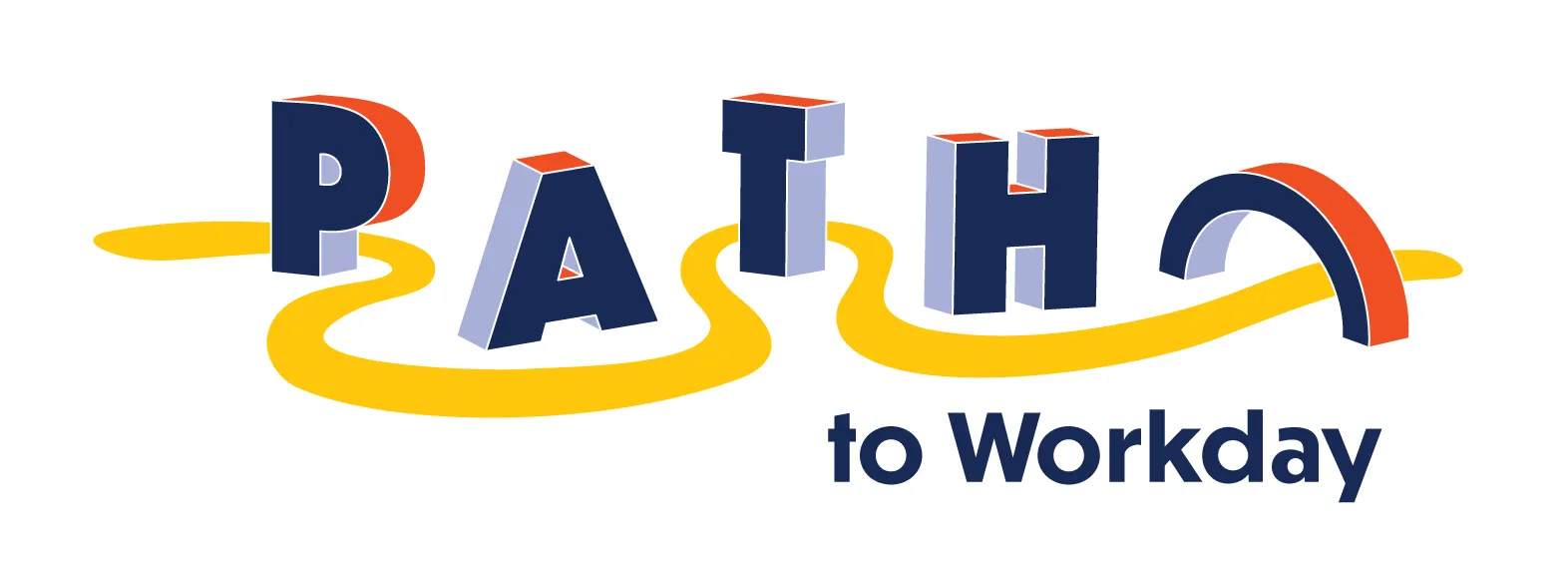Workday at Bryn Mawr
Bryn Mawr College is on the path to Workday for Human Resources, Payroll, and Finance functions.
Latest Announcements
Project Timeline

Next Milestones
Phase 1a
HCM, Payroll, Financials
- January 2026 – February 2026: Stabilization
- March 2026: Post-production Support
Phase 1b
Prism, Help, Adaptive Planning, Learning, Journeys
- March 2026 – August 2026

Completed Milestones
November 2025 – January 2026: Deploy
July – October 2025: Test
March - June 2025: Architect & Configure
December 2024 - February 2025: Plan
September 2024 - November 2024: Pre-planning and Alignment
July - August 2024: Workday Implementation Kickoff
May - August 2024: Contract negotiation
March 2023 - July 2024: Strategic Planning & Institutional Readiness


